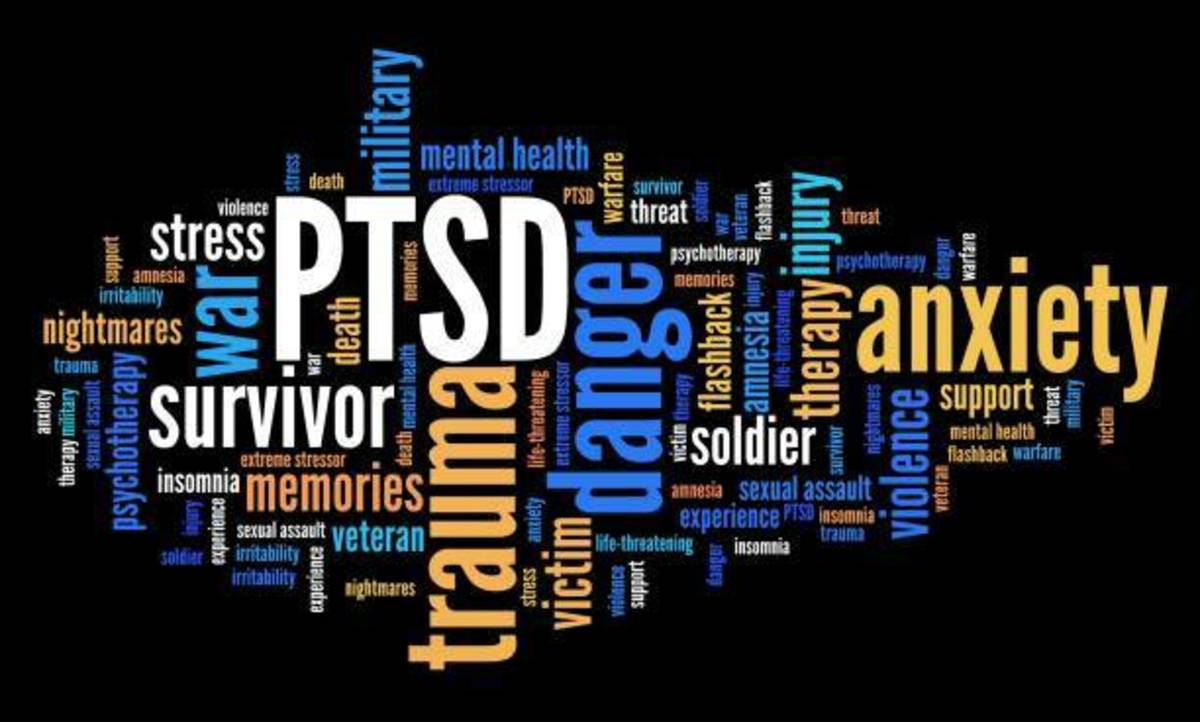Eating Disorder Signs for Parents

Fussy eating in toddlers is not uncommon, and as parents we often worry about why our son or daughter isn’t eating in those early years. Usually, most children grow out of bad eating habits by the time they are at school, but statistics tell us that between the ages of 14-25, our children are most at risk of developing a recognized eating disorder.
You will be aware of the increase in cases of obesity, but did you know that in America, binge eating disorder is a greater problem than other eating disorders such as anorexia and bulimia? Preventing your child from getting an eating disorder may have its difficulties, but would you recognize when your teenager has an eating problem that could lead to a disorder? What can parents do to address the signs and symptoms that they observe in their adolescent son or daughter?

Causes of Eating Disorders
There are many reasons your teen may get an eating disorder. Here are some common reasons, but the list is not exhaustive.
- A distorted body image
- Self esteem/confidence issues
- Anxiety
- Depression
- Anger
- Loneliness
- Feeling a failure/self hatred
- Another member of the family with an eating disorder
- Over-controlling parenting
- Influence of media – magazines, television, and advertising
- Control issues
- Reaction to trauma
It is of course very important that the cause is ultimately treated, but how can a parent tell if their child has developed an eating disorder which warrants serious intervention?
What has the worst effect on eating disorders
Signs of Anorexia
Anorexia nervosa is an eating disorder that can have life threatening implications. Seen as excessive dieting sometimes to the point of starvation, people who suffer with anorexia tend to think of themselves as overweight, no matter how thin they actually are.
The behavior is obsessional, and may not be easily detected in its very early stages. It may be accompanied by purging or binge eating, but may also occur without these elements.

Here are some of the warning signs of anorexia.
- Fixation with food and calories
- Skipping meals and making excuses not to eat
- Wanting to eat alone
- Rituals at meal times, eating and preparing food in a certain way
- Anxious or stressed
- Obsessed with image, always talking about being fat
- Cutting out certain foods such as carbohydrates
- Avoidance of eating in public
- Wearing baggy clothes to hide weight loss
- Not socializing as much as usual
- Taking an excessive interest in exercise
- Reading books on food, recipe books
- Feeling faint, tiredness, stomach aches, vomiting
- Denying any hunger
- Irritable or argumentative, defensive
- Consistent weight loss
- Problems with menstrual cycle
Some of those signs could be quite innocent and you have to be careful not to jump to conclusions. The fact is, there could be very obvious signs, but a clever teenager will be able to hide some of the indications.
Signs of Bulimia
Bulimia nervosa is an eating disorder in which people binge eat and then attempt to lose the perceived weight immediately. They may induce vomiting, take laxatives or perform excessive exercise for example. Binge eating feels compulsive in nature, but is followed by fear which then leads to ritualistic behavior. (It mimics an OCD type illness). It must be said however, that bulimics do not always purge themselves of food by vomiting.
Laxatives and Eating Disorders

Some signs of bulimia are:
- Weight loss with possible intermittent weight gain
- Obsession with food and dieting
- Food disappearing from cupboards regularly
- Wanting to eat alone
- Obsessed with the body and weight
- Laxative bottles or diet pills around the house
- Disappearing quickly after a meal
- Bad breath, mouth and teeth problems
- Chronically tired
- Anxious and/or depressed
- Hidden foods to binge on (bedroom, bags etc)
- Self-esteem/confidence issues
- Excessive exercising
- Problems with regularity of menstrual cycle
- Social isolation
Signs of Binge Eating
Some teenagers may have a binge eating disorder in which they consume very large amounts of food consistently. They appear to find solace with food. The eating again feels compulsive, and brings about only very short relief. After eating people can feel guilt, shame or dislike themselves more intensely, leading to a vicious cycle of more eating to relieve the discomfort. Depression and self-esteem are often at the root of this disorder.
The signs below may be more obvious with this disorder:
- Obvious weight gain
- Hiding food for binges
- Eating constantly throughout the day
- Eating alone
- Anxiety and depression
- Eating quickly
- Sometimes visibly upset with the eating problem
- No control with food
- Embarrassment when confronted
Who would you rather talk to about your eating disorder?
What to do about your Teenagers Eating Disorder
Now you have recognized that your teen has an eating disorder, you should first talk to them about it. Try not to be heavy or confrontational as most will react in a very defensive way. Your son/daughter needs to know that you care, are wishing to understand the problem and are supportive. Remember, it is likely that they will have self-esteem issues and their confidence will be knocked easily. Try to speak in a positive way and without judgment.
Stay away from words such as fat, obese or skinny. Remember that they consider there is a good valid reason for their eating behavior and that you are dealing with compulsions, possible deep underlying problems and in some instances, a refusal to accept that there is a problem. You can’t fix your teenagers eating problem, but you do need to act on it. Criticism, anger and chastisement will only feed the problem and distance you from gaining their confidence. Some sufferers may be relieved that their problem is now out in the open, once they have talked to you.
You may have many questions to ask, but you should listen carefully to the answers. If you are tactful, loving, sympathetic and offer your support, you should be able to move to the next step.
As a side note, it is alarming to see that out of all the people who voted in the poll to the right, no one would talk to their doctor!
Professional Help for Eating Disorders
After talking to your son or daughter, you should first seek the help of your general practitioner. If needs be, and out of parental concern, you can seek advice from your doctor on your own, but be aware that a doctor may want to perform a medical check as soon as possible to check on general health. If you simply can’t get them to visit a doctor, perhaps a friend of the family, one of their friends or a school teacher may help in encouraging them to seek the help they need.
Online Support For Parents and Teenagers
- Parents | Anorexia & Bulimia Care
support for the parents of people with eating disorders. Anorexia and bulimia support. Phone and email support
Your doctor may suggest counseling, but there may be support groups in your area too. It may even be that your teenager considers that “the family” is part of their problem and will only be willing to talk about this to an impartial person. Don’t be too insistent about attending any appointments that they clearly don’t wish for you to be part of. The help of a psychologist may be sought as well as a dietician. If the problem has been established for a considerable time, it may be decided that in-patient treatment is necessary. There are some establishments that specifically deal with eating disorders.
Look out for information on your teenager’s particular eating disorder and ask them to read the literature (after reading it yourself). Get to know as much as you can about their disorder, and equally, try to get them to understand the dangers associated with eating problems.
Befriending your Troubled Teenager
Family relationships are important to an unhappy person. The person may not tell you their innermost secrets, but how well do you really know your teen? If you don’t feel very close to your son or daughter, perhaps you could suggest doing something special on a regular basis such as shopping trips, going to the cinema or theatre together or maybe even just some quality time together in the home. The idea may be welcomed or rebuffed, but at least you know you are trying to bring some closeness and therefore genuine support at a vital time. Equally, you should respect the times that they want to be alone
Family Support for Eating Disorders
Worrying behavior of one member of the household can have a knock-on effect on everyone living in the home. If any other children are of an age to understand the teenager’s eating disorder, then it is best that they do. Subtle encouragement from other family members may become important. A parent may become very anxious because of the worry attached to watching a child going through such a troubled time and they too should seek support where they can. Don’t be afraid to ring any help lines or seek out a chat with your own doctor if things get tough.








